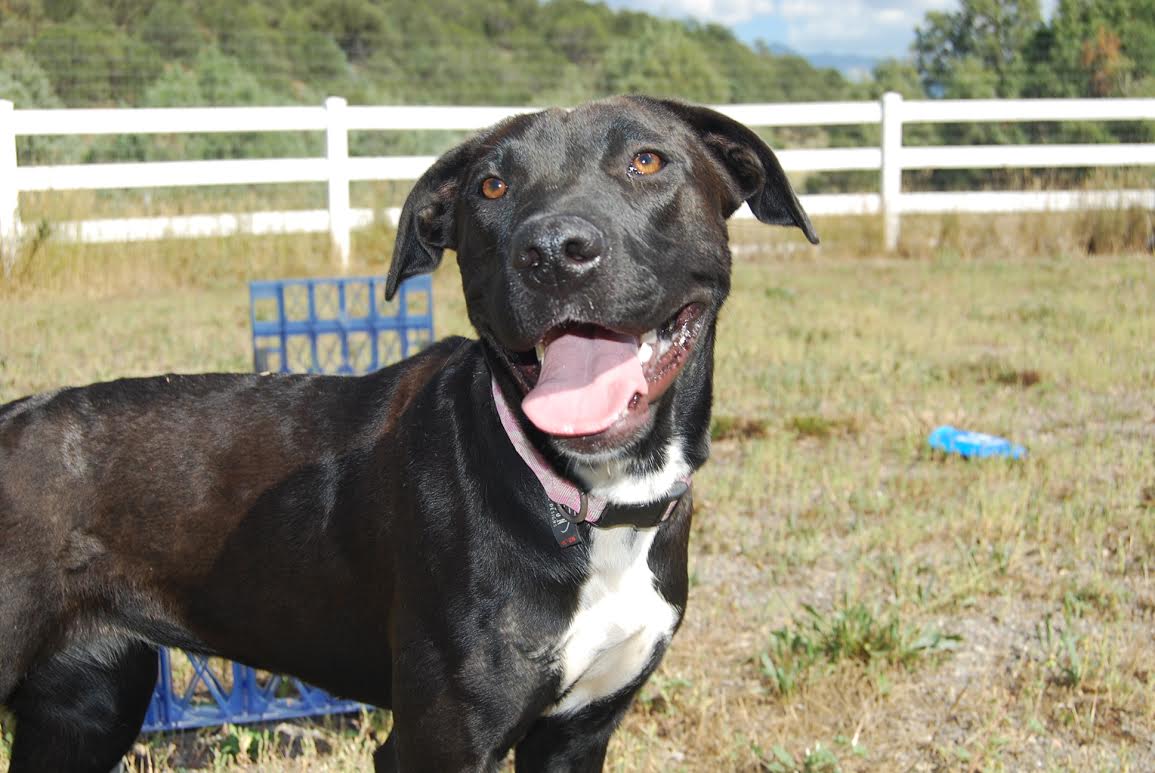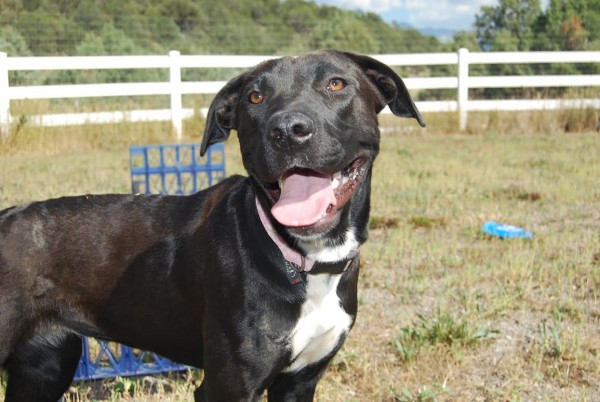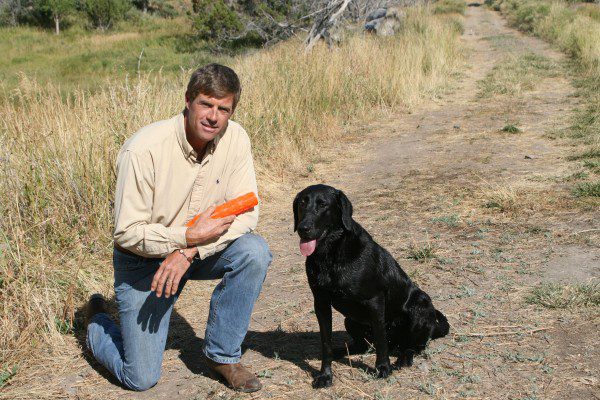
28 Oct Second Chance: Animals Against Anthropomorphisizing
Dear Pet Column,
Sometimes I think my dog only pretends to not be able to talk to manipulate me into giving him what he wants…in fact I think he can even read my mind most of the time and knows what I am going to do before I do it. Are pets smarter than we think or am I just crazy?
Sincerely, Crazy Canine Dad
Dear Crazy,
You are definitely not alone in your theories and I am sure you have good reasons for developing them. That said, I do feel I need to warn you against placing too much emphasis upon my species’ capacity to mimic human characteristics. Unfortunately it is those types of thoughts that can result in pets being abandoned or mistreated.
Anthropomorphism is a common mistake many pet parents make in an attempt to understand the behavior of their animals. The problem is, pets are not humans. Although being treated as a “furry little person” in your home may seem the optimal environment for a pet to live in, it is not.
Relating to your dog as you would a child often misses the mark. Projecting human actions, emotions, and reactions can impair the human-animal bond rather than enhance it. For example, punishing a dog for something you believe your dog “knows it has done” (and hasn’t been caught in the act of doing) only creates a confused dog that learns not to trust its person.
According to the bestselling book, Dog Sense by John Bradshaw, anthropomorphism is an intrinsic part of human nature: to project your human-ness onto other beings is part of what makes us human. So don’t feel guilty about doing that – another human trait you all like to project onto us so often– because in many cases, that is simply benign and sweet. Just look at all the adoring anthropomorphized cute photos of pets dressed or behaving in human-like ways that dominate social media posts every day.
But in thinking that your pets think like people, not like animals, means you have unrealistic expectations, misunderstand us, and set us up to disappoint (and then punish, or worse yet, abandon us). Rather, developing a better understanding the true emotional life of your pets can serve to improve your relationship and your bond and allow you to deal with your pet’s behavior in a reasoned and informed manner.
And the most important piece to all of this is that – positive reinforcement (versus dominance-based training) is the most effective means of training your pets and is what they best respond to. We will elaborate on that point in upcoming Pet columns…
My name is Paz, an early adolescent and very playful Labrabull here at Second Chance. I love to fetch and am well-mannered on a leash. Although I can’t read minds, I know your mind will be swimming with oxytocins if you adopt me and bring me into your life.
Editor’s note: It’s no secret. The Telluride region is dog heaven. Well, pet heaven. Unless you are one of our furry friends who gets caught in the maw of neglect and abuse. Then heaven is on hold until Second Chance Humane Society comes to the rescue. Second Chance is the region’s nonprofit dedicated to saving animals’ lives and promoting responsible pet parenting and human-animal bond. In her weekly blog, executive director Kelly Goodin profiles at least one, generally two of the many animals now living at the no-kill shelter, Angel Ridge Shelter, a dog and a cat, hoping to find them loving permanent homes. The column is sponsored by Ted Hoff of Cottonwood Ranch & Kennel, who from time to time exercises his skills as a dog whisperer, partnering with Kelly and her staff to help train a particularly challenging animal.
By the by, there is no better place to park your pup than Cottonwood whenever you head out of town (for locals) or are heading to town and staying somewhere that does not allow pets. Consider joining Ted’s Very Important Dog (VID) Club for added benies. (Details on Ted’s website.)
Second Chance Humane Society Animal Resource Center and Thrift Shop are both located in Ridgway, but service San Miguel, Ouray & Montrose Counties. Call the SCHS Helpline at 626-2273 to report a lost pet, learn about adopting a homeless pet, or about the SCHS Spay/Neuter, Volunteer, Feral Cat, or other Programs. View the shelter pets and services online: www.adoptmountainpets.org




Sorry, the comment form is closed at this time.